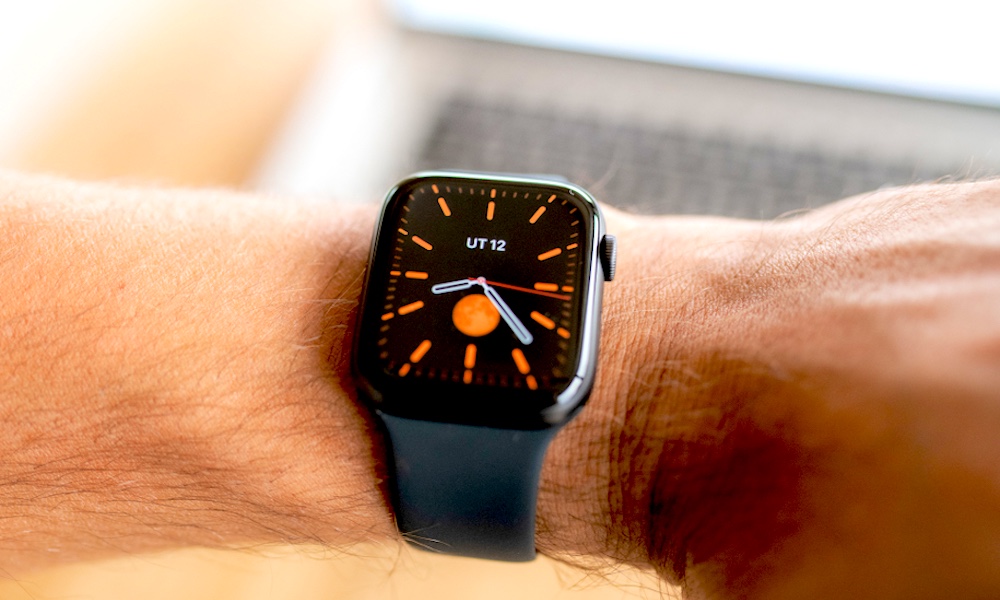Your Apple Watch Could Reduce Your Risk of a Stroke
 Credit: Halfpoint / Shutterstock
Credit: Halfpoint / Shutterstock
Toggle Dark Mode
The health benefits of owning an Apple Watch are myriad, and you’re probably already well aware of the heart monitoring, fall detection, and emergency SOS features, not to mention its ability to help users lose weight and live a healthier lifestyle, plus the many times the Apple Watch has helped save lives.
In fact, it’s such an amazing wearable device for its health monitoring features that researchers are always looking for new ways in which the technology can be applied, and now medical professionals are aiming to determine if the Apple Watch could actually be used to reduce the risk of people experiencing a stroke.
Can an Apple Watch Be Used to Reduce the Risk of Stroke?
According to Reuters, Johnson & Johnson is partnering up with Apple to conduct a study that will be exploring whether an iPhone app could be paired with the Apple Watch health features in order to reduce stroke risk.
The study is based on the ability of the Apple Watch to accurately detect atrial fibrillation (Afib), which is a leading cause of stroke that often goes undetected due to the extremely intermittent nature of its symptoms.
Johnson & Johnson aims to expand on the usefulness of the Apple Watch ECG feature for that purpose both to collect data on potential stroke victims to determine ways in which the risk of stroke could be reduced while also providing feedback to help users engage in heart-healthy activities and gain further insight into how lifestyle changes can impact their heart.
The Heartline Study
The program, dubbed the Heartline Study, uses an app that can be downloaded for free from the App Store, and is open to U.S. residents who are age 65 or older, have an iPhone 6s or later with iOS 12.2 or later, and have “Original” or “Traditional” medicare. Participants do not need to have Afib in order to join the study, since researchers will be looking for a number of different factors, including how the Apple Watch can be used to improve general health outcomes.
Notably, users don’t need to have an Apple Watch in order to apply to the study either, although some users may be assigned to a study group where they will be asked to get an Apple Watch Series 5 (“or later” since the study is expected to run for two to three years). However, Johnson & Johnson notes that loaner Apple Watches will be available for participants who assigned to an Apple Watch study group since it has joined with Apple to ensure that participants are “not limited by financial need.”
However, there will also be participants who are asked to be in a non-Apple Watch control group, so wearing an Apple Watch may not be required at all. Further, even those with older Apple Watch models (Series 1 or later) may be able to participate, subject to certain limitations. Participants who already have an older Apple Watch will be automatically assigned to an “observational group,” rather than being randomly assigned to another study group.
The Heartline app integrates with the Apple Health app, and Johnson & Johnson notes that participants could also be compensated to the tune of $150 or more “for completing study activities.” This will work by assigning points for time and effort spent in completing activities that are assigned via the app, and users with an Apple Watch Series 4 or Series 5 will be able to redeem these for monetary rewards that could add up to “$150 or more over two years,” although it seems that not all participants will be asked to complete all activities.
Users who are interested in signing up can get started by downloading the free Heartline app. There’s also a complete FAQ on the Heartline website for those looking for more information.






